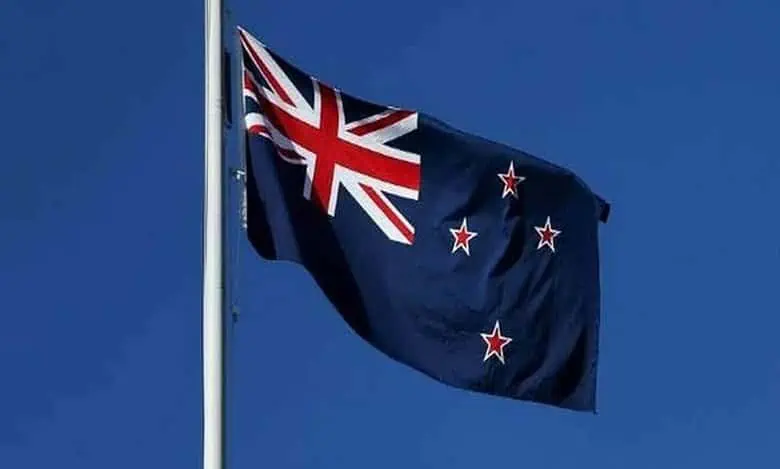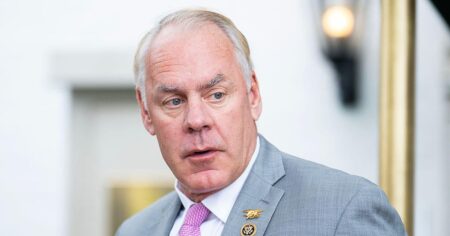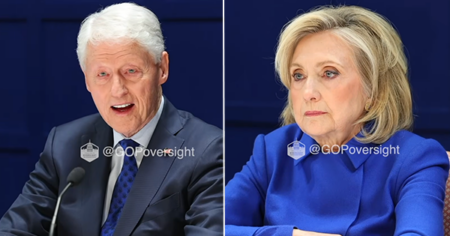New Zealand has joined Australia, Canada, the United Kingdom, and Norway in placing travel bans on two Israeli politicians. On June 11, 2025, Foreign Minister Winston Peters confirmed that Finance Minister Bezalel Smotrich and National Security Minister Itamar Ben-Gvir are now prohibited from entering New Zealand due to their extremist political positions.
The travel bans were introduced as part of New Zealand’s efforts to support peace and security in the Middle East. The government emphasized that the action is not directed at the Israeli people or the broader Israeli government. Instead, it focuses on two individuals seen as undermining peace efforts by supporting the annexation of Palestinian territories and encouraging the expansion of illegal Israeli settlements in the occupied West Bank.
According to the New Zealand government, these actions directly harm the chances of establishing a peaceful, two-state solution between Israel and Palestine. Officials said that both ministers have supported policies that go against international law and fuel instability in the region. These policies include inciting violence, promoting forced displacement of Palestinians, and rejecting negotiations.
New Zealand has a long-standing position supporting a two-state solution where Israel and Palestine can exist side by side in peace. The government has consistently opposed Israeli settlements in occupied territories, stating that such actions violate international law and increase tensions.
This latest move follows New Zealand’s pattern of targeted travel restrictions against individuals who threaten peace or democracy. In the past, the country has placed similar bans on officials from Russia, Belarus, and Myanmar. These bans are designed to send a clear message without punishing ordinary citizens.
The international response to the Gaza conflict and wider tensions in the region has put renewed focus on the need for diplomatic solutions. Many countries, including New Zealand, believe that ending the current conflict requires urgent progress toward a negotiated peace. This includes resuming political talks and ending violence on all sides.
Bezalel Smotrich and Itamar Ben-Gvir are both known for holding far-right views. Smotrich has previously supported the annexation of the West Bank and has pushed for policies that reduce Palestinian authority over territories. Ben-Gvir has made statements encouraging Israeli settlers and has been accused of provoking confrontations with Palestinians. Their roles in the current Israeli government have sparked criticism from international observers and human rights groups.
New Zealand’s decision to ban these ministers is likely to increase pressure on Israel to reconsider its internal political approach. The travel restrictions serve as a diplomatic tool to express concern while maintaining relations with the wider Israeli government and people.
The move is also intended to align New Zealand with its allies who have already imposed similar bans. Australia, Canada, the UK, and Norway have taken steps to limit the international influence of individuals seen as promoting violent or destabilizing agendas.
This action adds to global efforts urging Israel and Palestine to return to dialogue and seek a peaceful resolution to the long-standing conflict. As violence continues in Gaza and tensions rise in the West Bank, countries like New Zealand are using diplomatic measures to push for de-escalation.
New Zealand has said it will continue to support international peace initiatives and will encourage the international community to work together in promoting a two-state solution. The government believes that peace can only be achieved through dialogue, respect for international law, and mutual recognition.
The travel bans on Smotrich and Ben-Gvir are symbolic but important. They show that governments are willing to hold individuals accountable for actions that threaten regional peace and violate international norms. New Zealand hopes that such steps will contribute to a broader effort to end violence and restore a political process focused on long-term stability and justice for both Israelis and Palestinians.















